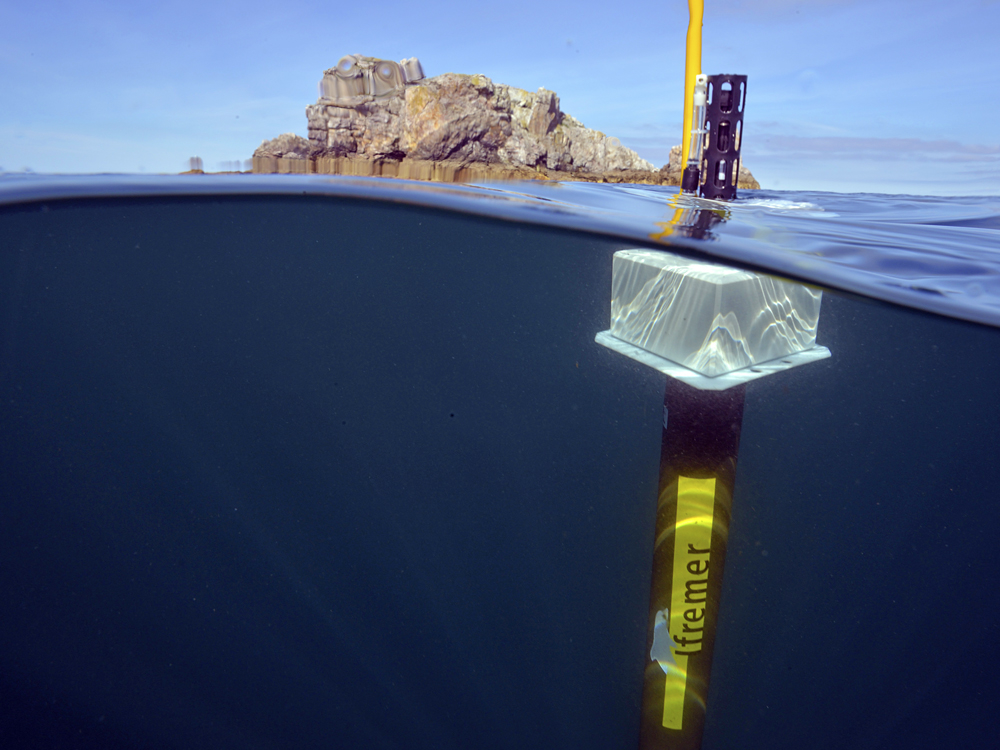EURO-ARGO ERIC
DESCRIPTION
The motivation behind the creation of the Euro-Argo ERIC
in 2014 was to maintain, optimise and enhance the European contribution
to the Argo programme and deliver high-quality services to the
scientific community (ocean, climate) and for operational oceanography
needs. Euro-Argo also
aims to prepare the next Argo phase, adding biogeochemical parameters
and extending the network to the deep sea and to the poles.

The Euro-Argo ERIC coordinates the network and oversees the purchase and monitoring of the European floats. Nine countries (France, Germany, the United Kingdom, Italy, the Netherlands, Norway, Greece, Poland, Finland) are the founding members of the infrastructure whose headquarters are located at IFREMER in Brest.
The French contribution to this programme is coordinated by the inter-organisational body Coriolis, piloted by IFREMER, and includes the main French organisations involved in oceanography (CNES, CNRS/INSU, IFREMER, IPEV, IRD, Météo-France, SHOM). In addition, France is very active in all aspects of the Argo programme. It houses one of the two global Argo data assembly centres, it participates in the development of floats (Provor and Arvor floats) and in the deployment of these floats; it contributes to research (ocean, climate, biogeochemistry) and operational oceanography (Mercator Ocean, Copernicus).
The Euro-Argo ERIC (European Research Infrastructure Consortium) allows active coordination and strengthening of the European contribution to the international Argo programme. Its aims are:
- to provide, deploy and operate an array of around 800 floats contributing to the global array (a European contribution of ¼ of the global array)
- to provide enhanced coverage in the European regional seas
- to implement the new phase of Argo, with extensions towards biogeochemistry, greater depths and high latitudes
- to provide quality controlled data and access to the data sets and data products to the research (climate and oceanography) and operational oceanography (e.g. Copernicus Marine Environment Monitoring Service - CMEMS) communities
